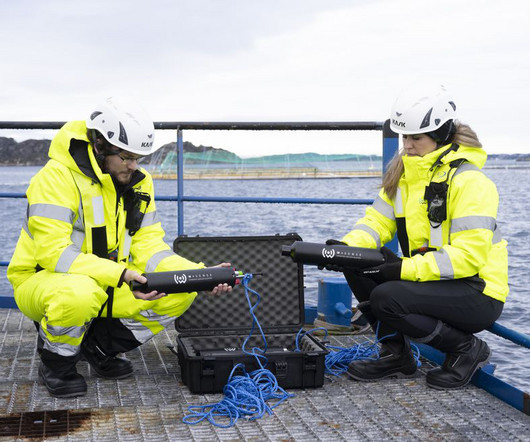Columbia University engineers make breakthrough in understanding electroreduction of CO2 for conversion to electrofuels
Green Car Congress
SEPTEMBER 20, 2018
Researchers at Columbia University have solved the first piece of the puzzle; they have proved that CO 2 electroreduction begins with one common intermediate, not two as was commonly thought. Their paper is published in Proceedings of the National Academy of Sciences (PNAS).




































Let's personalize your content